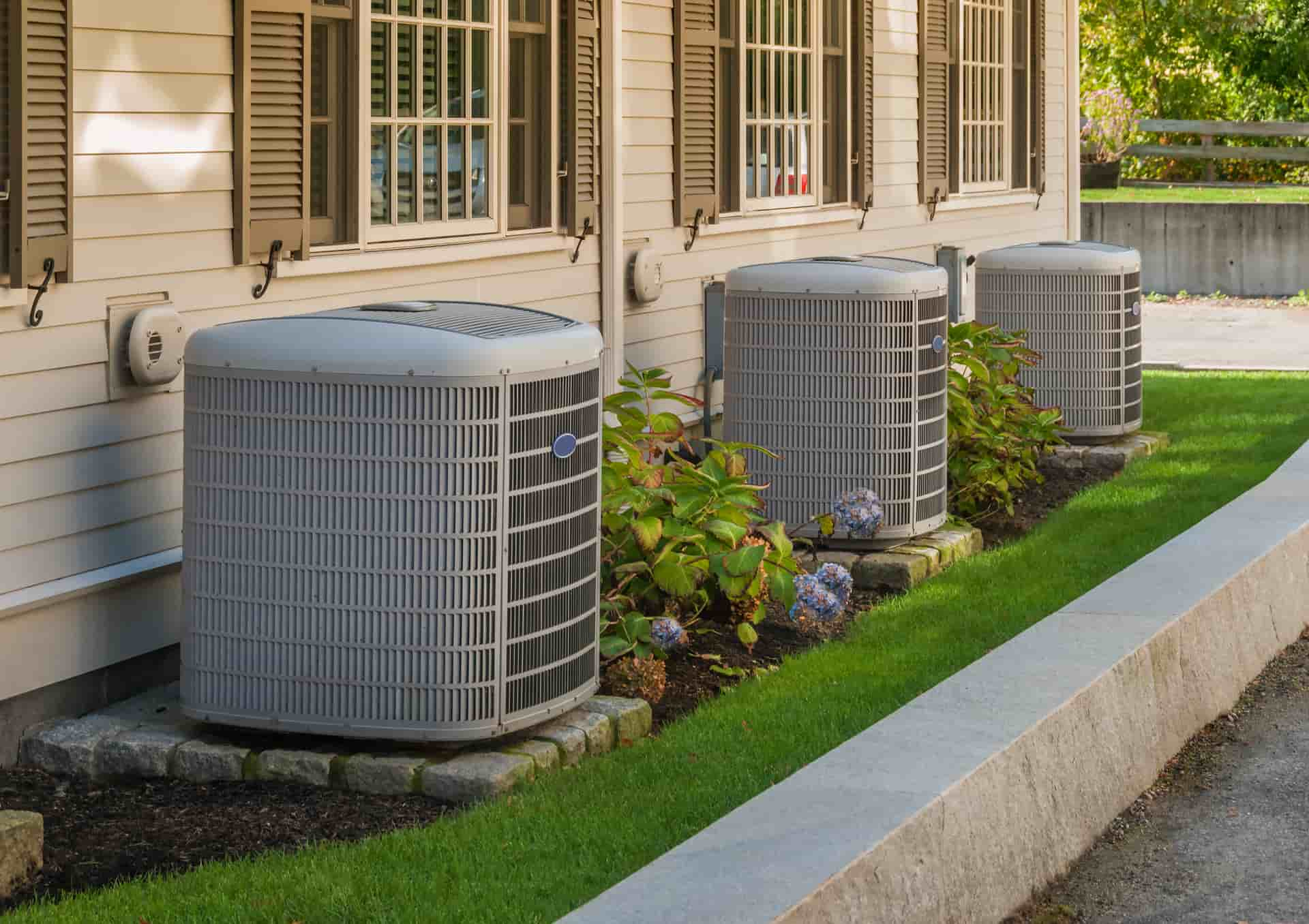
Causes of Electrical Fires
There are about 51,000 electric fires reported in the United States each year. The Electrical Safety Foundation International, ESFI, says that electrical problems are the third largest cause of building fires.
What Causes Electrical Fires?
Electrical fires start for many reasons, most of which can be prevented. Here is a list of the most common causes of electrical fires:
Bad Wiring
The electric wiring in a house can become dangerous as it gets older. The system might not support all the appliances and devices we plug in and use in our modern lives. The wires themselves may also become worn.
A qualified electrician can inspect the wiring and troubleshoot current or potential problems.
Bad Outlets
Sometimes electrical outlets can become dangerous. Improper connections or installations might make them unsafe to use.
It is also dangerous to remove the grounding post of a power cord before plugging something into the outlet. That post is helping manage the flow of electricity.
Bad Appliances
Old or outdated appliances can react dangerously to an electrical system. It is also important to watch for damaged power cords. It is not safe to use a frayed cord or a cord with damage from a stove’s heat.
Light Fixtures
Your light fixtures should include information on the safest range of lightbulb wattage. It is hazardous to place a high wattage light bulb in a low wattage fixture.
Do not place paper or cloth on top of a lampshade, either. The heat from the bulb can cause those items to catch fire.
Keep an eye on your lamp cords and make sure they are not frayed or worn.
Extension Cords
It is easy to max out an outlet using extension cords and plugging lots of things into them. Fire safety experts recommend using extension cords only as a temporary power solution.
Extension cords can overheat and cause trouble at the outlet.
Fans
We love our fans, especially in hot weather when we do not have AC. It is quite common to keep them on all night for the best sleep. But they can also be a serious fire risk. Be sure to use the type that shuts off if tipped over. If you get up during the night for a bathroom break, groggy, or the dog bumps into your fan, you do not want sparks to fly and ignite a fire. Plug them into safe outlets and check the cords to ensure they are not frayed.
Air Conditioners
Air conditioners, whether central or window units, can overheat when used constantly. They also collect dust and lint, which are great conductors for fire. You should keep your vents and filters clean and have your AC units checked once a year to ensure they are working correctly and not at risk for an electrical fire. Home insurance covers your AC unit if it causes a sudden and unexpected electrical fire. But if insurers prove it was caused by lack of maintenance, they might deny your claim.
Space Heaters
Portable space heaters themselves are not generally dangerous unless the cord or the unit is damaged. The problem with space heaters is that users might place them too close to combustible things. Do not use space heaters too close to carpets, furniture, bedding, and clothing. It may be tempting to dry a bath towel by placing it on top of a working space heater, but the towel could catch fire.
Purchase a space heater that has been UL tested to meet safety standards, so it turns off if it tips over or overheats.
Electrical Circuit Overload
Some residents have unique circumstances where they use a lot of electricity. Music rooms, movie rooms or entertainment centers, computer rooms, and garages often use electronics and tools that utilize heavy electric loads.
Whether you are using outlets, power strips, or a combination of both, these special areas draw more power than your circuit can handle. That can lead to a blown fuse, which can ignite a fire if the voltage is too high.
Old Electric Panels
Homes built before 1990 or 1980 often have original electric panels and many of those were recalled due to electric fires. There have been many lawsuits, companies going out of business or sold, and recalls due to the thousands of electrical fires in homes from these older panels.
If you have these electrical panels, it is wise to have an electrician check them for safety or replace them:
- Federal Pacific Electric (FPE)
- Zinsco panels
- Sylvania panels
- Pushmatic panels
- Challenger electrical panels
- Gould electrical panels
Practice Fire Safety
Following fire safety tips will reduce your chances of having an electrical fire.
- Be vigilant about the condition of power cords and outlets.
- If the lights in your home flash on and off or dim at random, you probably have an electrical issue.
- Schedule a visit with an electrician if your circuit breakers frequently trip.
- Buzzing or sizzling in an appliance or near an outlet is a warning sign of electrical danger.




